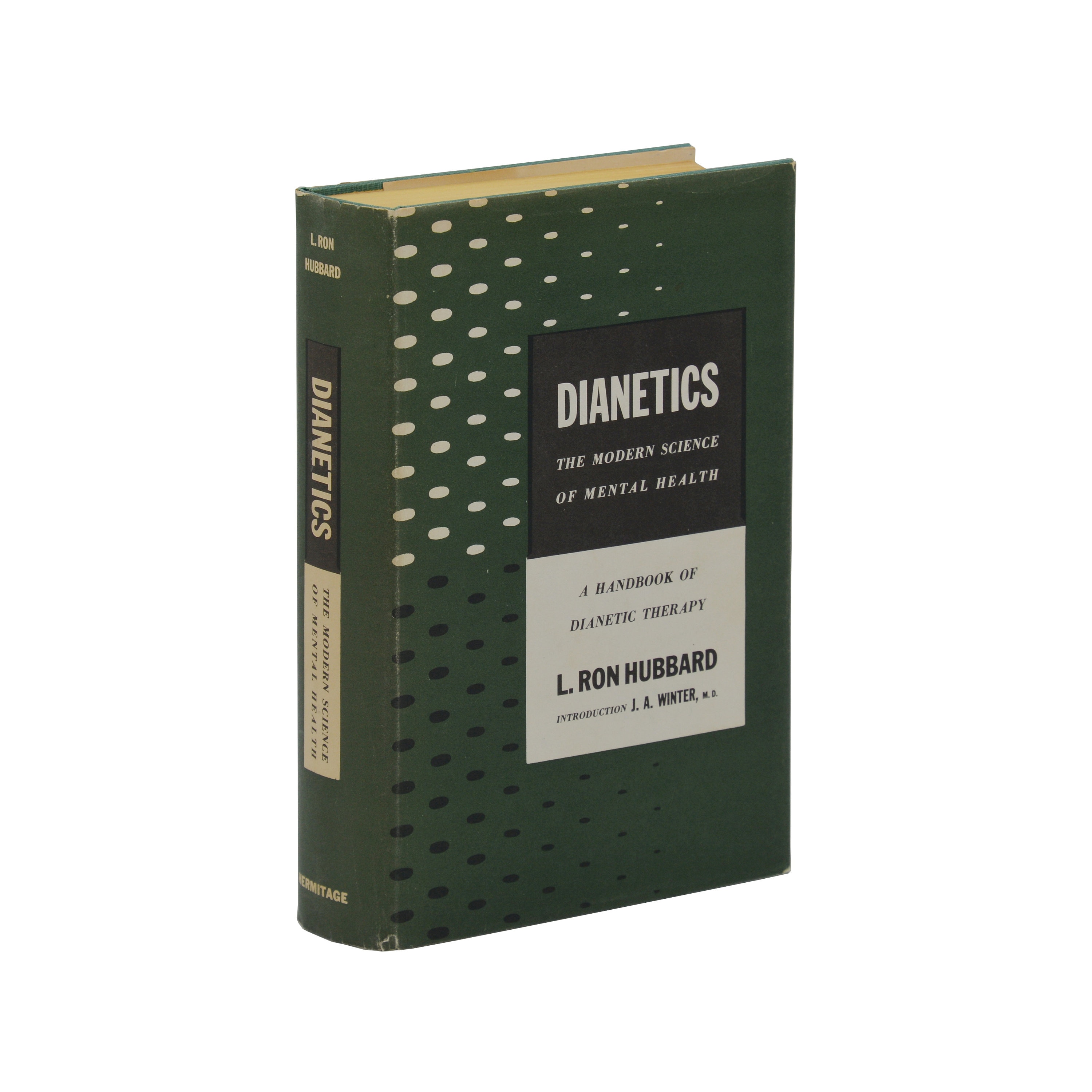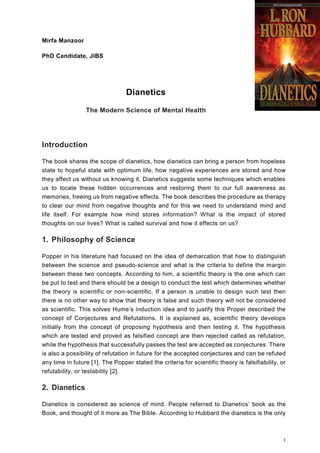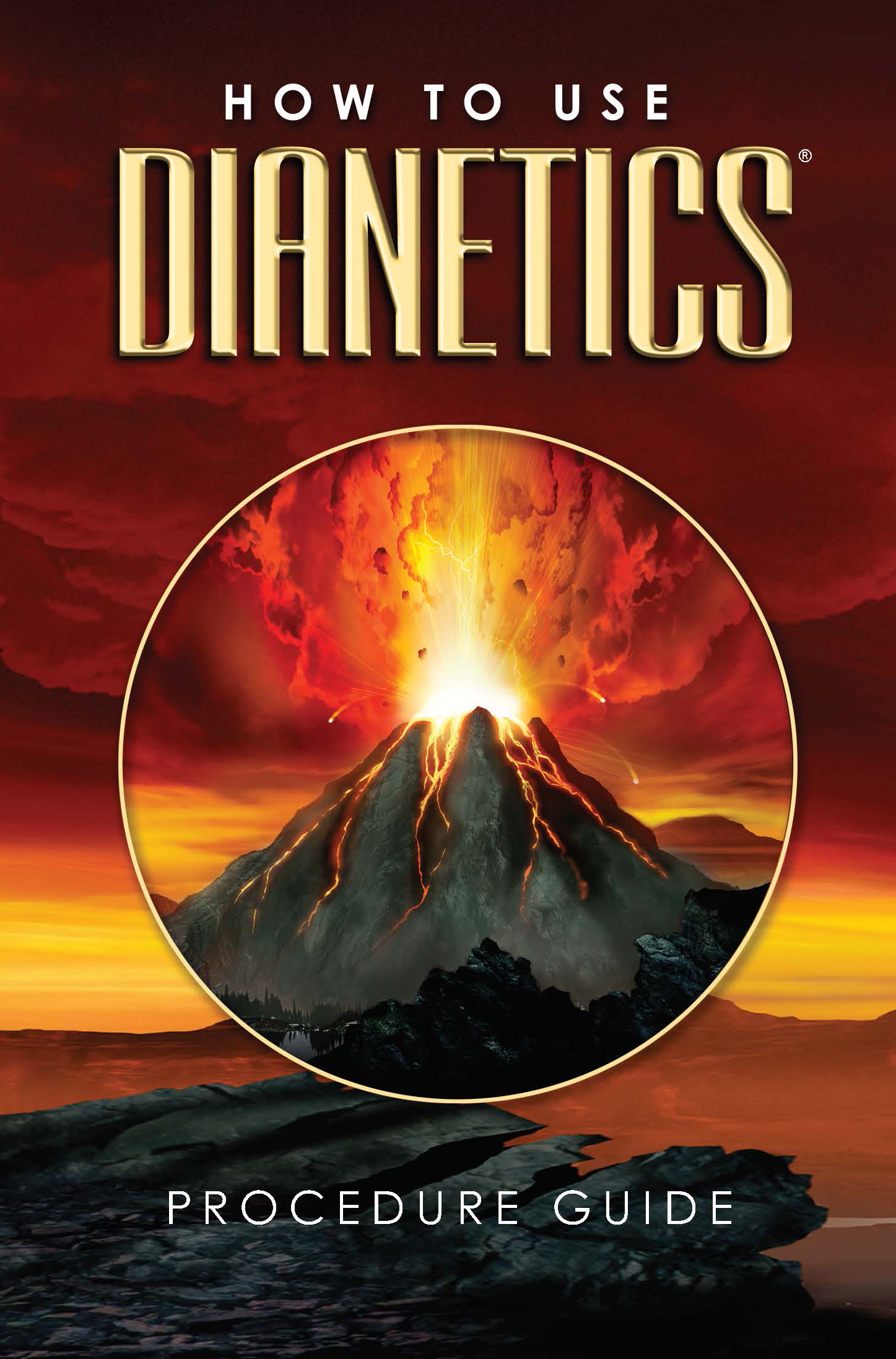The Main Principles Of Dianetics
Table of ContentsNot known Incorrect Statements About Dianetics The Single Strategy To Use For DianeticsUnknown Facts About Dianetics5 Easy Facts About Dianetics Shown
I couldn't ever not wish to get anything that enters your mind for you- if it was otherwise, I would not be sitting here with you, doing this. I not only could never have an issue, or not wish to hear something that comes to mind for you, but I'm entirely eager to know every concept, every thought, every image or sensation that emerges or manifests for you- do not ever before assume or else, and if somehow you do, please just allow me understand! Often, you may have a thought, and image, concept or occurrence appear that does not seem to answer the concern, or connect to it, but however, always do inform me about it, and as we proceed, the importance will arise for you.This is inherent in the basis of handling, and the subject of this discussion: the standard roles of the therapist and the client: The standard duty of the counselor is, in contrast to "conventional training", not to control, which implies to impose and/or hinder, however to instead function from the basis of EMPOWERING THE CUSTOMER.

All about Dianetics
John Mcmasters expressed this standard fact incredibly well in one of his talks on Power processing, wherein he discusses exactly how he was asked what this "special knack" was that he had for providing such great sessions; he had to consider that for a moment, and identified that it was what he had not been doing, as well as what he was doing: he wasn't evaluating, judging, computer, or in reality, generating any thoughts, let alone spoken expressions, after providing the command and while waiting for the PC to complete their solution to their satisfaction; he was, merely and just, being present with the PC, and totally interested.
The role of the counselor, demonstrated; that was his "unique knack". I have had my very own experience which instructed me this well, very beforehand in the game. In 1982, having recently completed my training and teaching fellowship on New Period Dianetics, I was running this on a COMPUTER, and there was a point in the session where (being a bit wet behind the ears not yet having many hours under my belt as a professional auditor) the computer seemed to be "taking too long" to express anything verbally after I gave him a command.
This key transformed out to be one of the most important contribution that John ever before made to the subject of therapy or bookkeeping (Dianetics). In my modest viewpoint, it is the best contribution that anyone has actually ever made to these subjectsthe application is entirely non-judgemental, non-evaluative, and empty of any recommendation, suggestions or opinion.no preconceived schedule for people, or 'levels' that they need to do
In Scientology we prided ourselves on not examining for people. All that really implied was that the auditor did not Vocally evaluate for the PC in session.
Not known Details About Dianetics

Anyone why not try these out that had actually ever seen John audit can not help yet observe an one-of-a-kind top why not look here quality in his auditing."The client's basic duty is to be there with the purpose of moving in the direction of their spiritual goals, and to freely and fully reveal and experience whatever manifests for them in answering the inquiries and carrying out the guidelines in the handling.
This is something to process as required. Also, people frequently have prior experience and/or indoctrination in auditing/processing which, in some ways, and to some levels, in fact misinforms them right into attitudes, ideas and behavior patterns that avoid the complete realization of these duties, and so they will certainly have a tendency to inhibit the expressing of what comes to mind, as in the examples offered above - Dianetics. * The very first, and maybe foremost check this site out instances of mis-indoctrination causing much less than entirely smooth and reliable sessions, can be located in certain elements of the training regimens, or "TR's":"TR's" are usually a person's initial, or a minimum of early, experience in Scientology, and while I will certainly take place to clarify what I see as the imperfections in principle and technique, nonetheless, tend to be substantially restorative, done as they are provided (Hubbard urges that "TR's are not processing, they are training", yet factually, they are both processing AND training)
There is no "failing", and no denial of the reality of this being processing. The focus, as it should be, is on experiencing the other person's existence.
Some Of Dianetics

Comments on “The Only Guide to Dianetics”